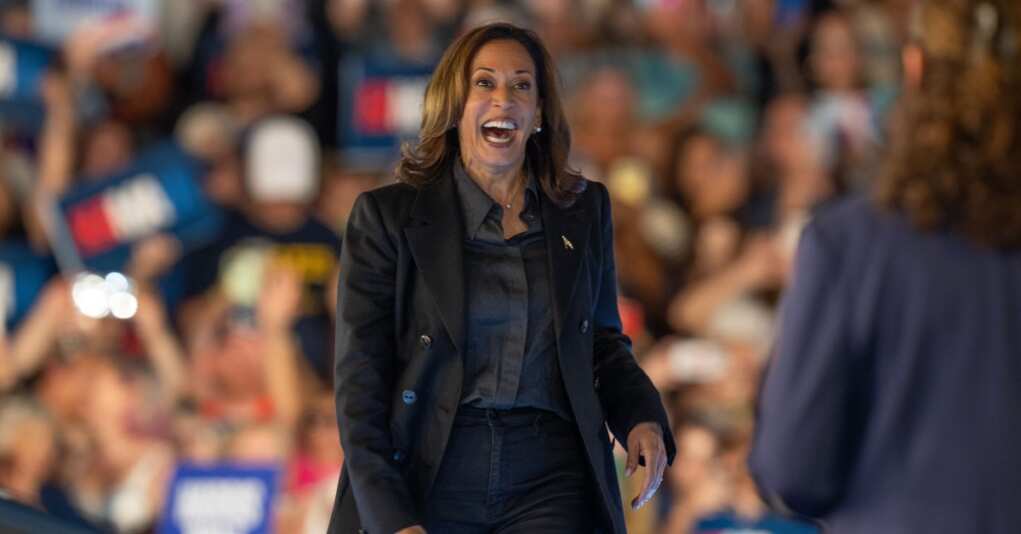Kamala’s Popularity is High Among College Students in Michigan, But Is It Enough?

The “Uncommitted Movement” in Michigan represents a significant protest vote within the Democratic primary, signaling dissatisfaction primarily with President Biden’s and Vice President Harris’s policies toward the Israel-Hamas conflict. This movement, which saw 13.2% of Michigan’s Democratic primary voters choosing “uncommitted,” aimed to pressure Biden into supporting a ceasefire in Gaza and to reconsider U.S. military aid to Israel. The effort was not just a local phenomenon; it resonated across several states, influencing primary votes and highlighting a broader discontent among voters, especially those of Arab and Muslim descent who feel their concerns about the conflict are not adequately addressed.
Vice President Harris, during her campaign swing through Michigan, faced pressure from this movement but did not shift her stance significantly, sticking to a position that supports Israel’s right to defend itself while acknowledging Palestinian suffering and advocating for a two-state solution. This stance led the Uncommitted National Movement to refrain from endorsing Harris, expressing disappointment over her unwillingness to advocate for an arms embargo against Israel or to clearly support upholding international human rights law in the region. Despite this, the movement urged its supporters to vote against Donald Trump, illustrating a complex voter dynamic where policy disagreement does not necessarily translate into support for opposition candidates.
One student at Michigan State University commented, “I feel this fear of a Trump presidency, and I’m committed to not letting that happen.” He goes on, however, to say that he’s not sure if he’s able to bring himself to vote for Harris, knowing that she’s not the right candidate for POTUS, either.
The implications of the Uncommitted Movement extend beyond the primary election, posing a potential threat to Democratic strongholds in swing states like Michigan, where the Arab-American vote could play a crucial role in the general election. This voter bloc’s dissatisfaction with Biden’s Middle East policy reflects a broader challenge for the Democratic Party in retaining its diverse coalition. While some within the movement might consider voting for third parties or abstaining, the leadership of the movement remains clear on blocking a Trump presidency, indicating a tactical rather than ideological opposition to Democratic candidates, contingent on policy shifts or at least acknowledgment of their concerns.
